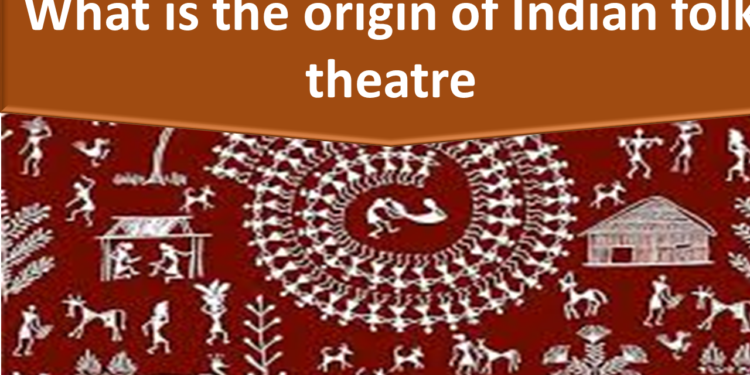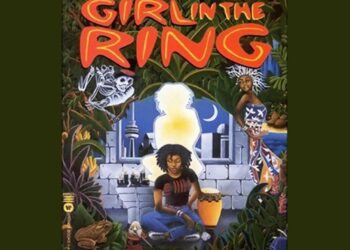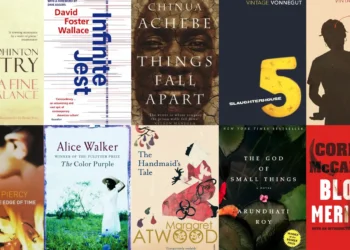What is the origin of Indian folk theatre-What is Indian folk theatre?,Has its origins in folk theatre?,Who is the father of folk theatre?,What is the origin and meaning of folk tale?,Indian folk theatre, an intricate and diverse tradition, finds its origins deeply embedded in the cultural mosaic of the Indian subcontinent. The genesis of Indian folk theatre can be traced back through centuries, mirroring the nation’s varied heritage. This genre of theatre is not a singular entity; rather, it represents a tapestry of regional expressions, each possessing unique styles, narratives, and performance conventions. To grasp the birth of Indian folk theatre, it is essential to delve into its historical evolution, socio-cultural context, and the myriad influences that have shaped this indigenous art form.
Historical Evolution:
The history of Indian folk theatre is intertwined with the socio-cultural fabric of the subcontinent, with roots extending to ancient times. The early forms of folk theatre were intricately linked to religious rituals, community celebrations, and seasonal festivities. These performances served as a medium for entertainment and cultural transmission, conveying moral, ethical, and social messages to the community.
Ancient Traditions:
The earliest glimpses of Indian folk theatre can be discerned in ritualistic performances associated with religious ceremonies and festivals. These rituals encompassed storytelling, music, dance, and drama, laying the groundwork for the subsequent development of folk theatre.
Sanskrit Dramatic Traditions:
While classical Sanskrit drama, exemplified by works like Kalidasa’s “Shakuntala” and Bhasa’s plays, flourished in ancient India, folk theatre concurrently thrived in local languages. Sanskrit drama predominantly existed within the courts and elite circles, whereas folk theatre found its audience among the masses.
Also Read-
Socio-Cultural Context:
The origin and evolution of Indian folk theatre are deeply rooted in the socio-cultural diversity of the subcontinent. Various forms of folk theatre have been shaped by the distinctive customs, traditions, and practices of different regions, reflecting the pluralistic nature of Indian society.
Regional Diversity:
India’s expansive geography and diverse cultural landscapes have given rise to a myriad of folk theatre traditions. Each region, be it Bengal, Gujarat, Maharashtra, Kerala, or Punjab, boasts unique folk performances influenced by local folklore, myths, and historical events.
Social Functions:
Indian folk theatre has historically served multiple social functions, addressing communal concerns, celebrating harvests, marking life events, and offering a platform for collective expression. It has mirrored societal norms, values, and the evolving socio-political landscape.
Oral Tradition:
Many forms of Indian folk theatre are part of an oral tradition, passed down through generations via storytelling, songs, and performances. This oral transmission ensures the continuity and authenticity of the art form within communities.
Influences and Forms:
Indian folk theatre draws influence from a multitude of sources, ranging from mythology and local legends to socio-political events and colonial encounters. The various forms of folk theatre can be broadly categorized based on thematic elements, performance styles, and regional distinctions.
Ramlila:
Originating in North India, Ramlila is a form of folk theatre that enacts episodes from the epic Ramayana. Often performed during Navaratri, it culminates in the celebration of Dussehra, symbolizing the triumph of good over evil.
Yakshagana:
Hailing from Karnataka, Yakshagana is a vibrant dance-drama combining elements of dance, music, and dialogue. Narrating episodes from the Mahabharata and Ramayana, it features colorful costumes, elaborate makeup, and energetic performances.
Bhand Pather:
Originating in Kashmir, Bhand Pather is a folk theatre form that blends elements of dance, music, and comedy. Often satirizing societal issues, it is characterized by witty dialogues and improvisational flair.
Bhavai:
Predominant in Gujarat, Bhavai is a traditional form of folk theatre that addresses social issues through satire and humor. It involves a small troupe of performers, with men playing both male and female roles.
Therukoothu:
Originating in Tamil Nadu, Therukoothu is a street theatre form rooted in ancient classical traditions. Combining dance, music, and drama, it often narrates episodes from the Mahabharata and Ramayana while engaging with contemporary socio-political issues.
Colonial Impact and Modern Trends:
The colonial era left an indelible mark on traditional art forms, including folk theatre. While some forms struggled to survive, others adapted to the changing socio-political landscape. Post-independence, concerted efforts have been made to revive, preserve, and promote Indian folk theatre as an integral part of the country’s cultural heritage.
Colonial Encounters:
British colonial rule introduced new forms of entertainment, and traditional folk performances faced competition from Western-style theatre. Some forms of folk theatre experienced decline and marginalization during this period.
Revival Efforts:
Post-independence, there has been a concentrated effort to revive and promote Indian folk theatre. Cultural organizations, governmental initiatives, and grassroots movements have played crucial roles in preserving and popularizing these traditions.
Modern Adaptations:
Indian folk theatre has adapted to modern contexts, incorporating contemporary themes and issues. Some artists have experimented with blending traditional forms with modern theatrical techniques, ensuring the relevance and continuity of these art forms.
Challenges and Future Prospects:
While Indian folk theatre continues to be a dynamic and living tradition, it faces several challenges in the contemporary era. These challenges include globalization, changing audience preferences, and the need for sustained support and recognition. However, the resilience and adaptability of folk theatre point towards a future where these forms can thrive and continue to enrich the cultural landscape of India.
Globalization and Commercialization:
Globalization offers both opportunities and challenges for Indian folk theatre. While it provides exposure to wider audiences, concerns about commercialization and dilution of traditional art forms arise.
Changing Audience Dynamics:
With the rise of digital entertainment and changing audience preferences, folk theatre faces the challenge of engaging with a younger and diverse audience. Innovations in presentation and outreach are essential for continued relevance.
Conservation and Documentation:
Many folk theatre traditions are oral and ephemeral, relying on direct transmission from one generation to the next. Systematic documentation and conservation efforts are crucial to preserving these traditions for future generations.
Recognition and Support:
Folk theatre often lacks the institutional support and recognition accorded to classical forms. There is a need for sustained governmental and institutional efforts to provide platforms, funding, and infrastructure for folk theatre practitioners.
Conclusion
The origin of Indian folk theatre is intricately woven into the cultural, historical, and socio-political fabric of the subcontinent. Evolving over centuries, this form of theatre adapts to changing contexts while retaining its essence as a dynamic and living tradition. The diverse forms of folk theatre reflect the pluralistic nature of Indian society, with each region contributing to the richness and variety of the overall landscape.
As India navigates the complexities of the modern world, the preservation and promotion of folk theatre become imperative. Efforts to document, conserve, and revitalize these traditions, coupled with innovative adaptations to contemporary challenges, can ensure that Indian folk theatre remains a vibrant and integral part of the country’s cultural heritage. Embracing both the past and present, Indian folk theatre has the potential to chart a course towards a resilient and thriving future, captivating audiences with its unique stories, vibrant performances, and enduring cultural significance.What is Indian folk theatre?,Has its origins in folk theatre?,Who is the father of folk theatre?,What is the origin and meaning of folk tale?,
















